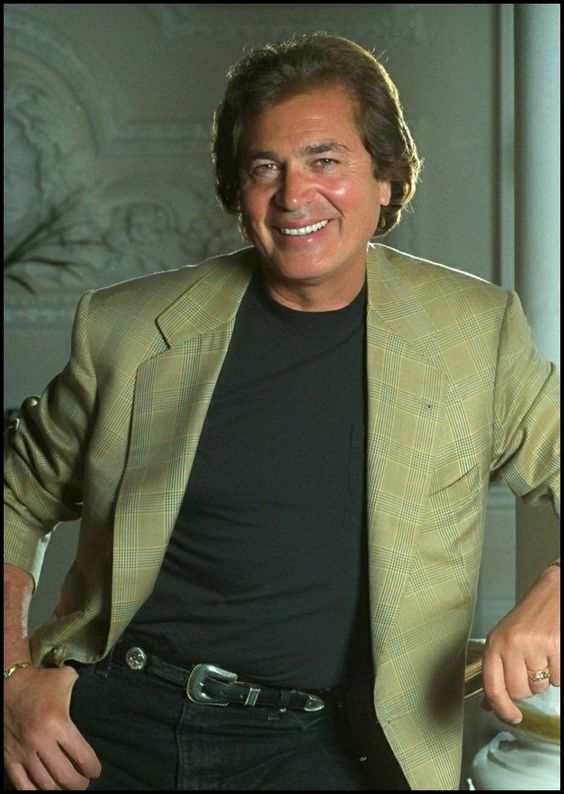Engelbert Humperdinck’s version of “What Now My Love” hits like a memory you can’t shake: big, raw and unbearably tender. The song, carried on a wave of sweeping strings and a voice that seems to hold whole lives, remains a touchstone for anyone who knows the hollow ache of losing a love.
First released in the era when crooners stood at the center of popular music, Humperdinck made the song his own with a delivery that turned private despair into public drama. The melody began life as a French tune by Gilbert Bécaud with lyrics by Pierre Delanoë, and Carl Sigman’s English words turned it into an anthem of loss. In Humperdinck’s hands it became a slow, cinematic collapse — a moment when the orchestra breathes around a single, wounded human voice.
The opening lines are spare and blunt: a person left to face an empty map of days. Humperdinck’s baritone, round and patient, does more than sing the words; it weighs them. The piano and strings push and pull like a tide. For listeners who grew up with the record, the song acts as a mirror. For younger listeners discovering it now, it reads like a lesson in how music once mapped grief without apology.
Music historians point to this recording as a turning point in Humperdinck’s ascent — a track that balanced popular taste and theatrical intensity. The arrangement is deliberate: swells that lift, then drop; moments of restraint followed by full-throated release. That contrast is where the song’s power lives.
“He taught a generation how to speak grief aloud,” said Dr. Anna Lopez, music historian and author. “Humperdinck’s phrasing makes you feel the weight of every ordinary day after a loss.”
That plainspoken meaning has kept the song alive in unexpected ways. Big names from Frank Sinatra to Shirley Bassey and Elvis Presley have placed their own stamps on the tune, but the quiet drama of Humperdinck’s recording remains the yardstick many critics use. The track sits on his debut album, which introduced him to millions and anchored a career defined by emotional clarity.
Listeners over fifty often describe the song as a memory anchor, a record that captures a younger time while speaking to current sorrow. For those who lived through its first run on the radio, it is a soundtrack to real-life endings: divorces, hospital rooms, quiet breakfasts after thunderous fights. The orchestral sweep and the measured vocal make those private scenes feel shared.
“When I hear him sing ‘How can I live through another day,’ I see my mother at the kitchen table, looking through old photographs,” said Paul Michaels, longtime fan and author. “It’s not just a song; it becomes the room where you sit with your grief.”
Behind the performance is a craft that older audiences can still recognize: technique married to emotional honesty. The record’s producers shaped the sound so that nothing feels accidental. Strings are arranged to cradle the voice. The piano acts as a strict companion, punctuating rather than easing the sorrow. The result is a dramatic arc that never loses sight of the song’s human center.
Beyond the studio, the song’s cultural life tells another story. Covers and live performances have kept it in the public ear. Radio play, movie cues and tribute albums have reintroduced it again and again to ears that thought they knew it. And yet each time, the track returns with the same blunt question at its core: what now, when love has left?
That simple, terrible question is the point. Humperdinck answers not with solace but with presence — he gives the listener the full measure of the wound. The song asks the listener to linger, to feel the emptiness and to notice how the orchestra fills the space as if to prove that music can hold what people cannot. In its final measures the voice climbs and the strings swell, and the listener is left suspended, with no tidy closure, only the echo of a man who has lost his compass and the music that keeps him—
